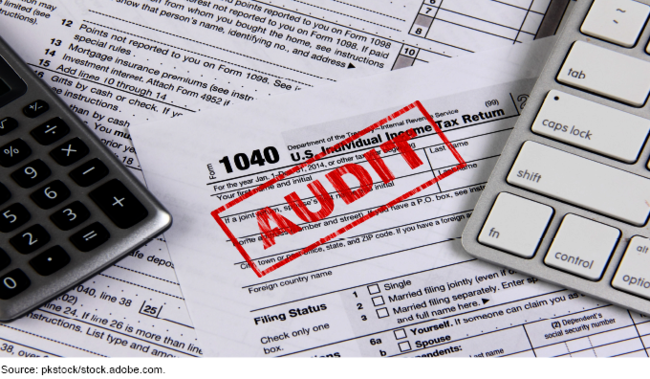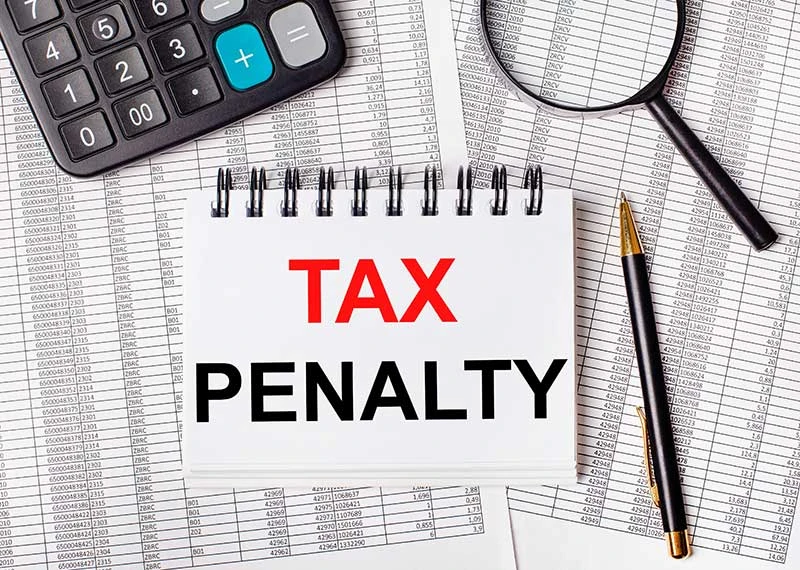Facing an IRS audit can be daunting, but understanding the process and preparing carefully can make it more manageable. Here’s a guide to help you know what to expect during an audit and how to best prepare.

- Understanding IRS Audits
The IRS conducts audits to verify the accuracy of tax returns. Audits may be random, but they are often triggered by red flags such as large deductions, unreported income, or discrepancies between your return and information the IRS has received from other sources. There are three main types of IRS audits:
+ Correspondence Audit: This is conducted through mail, usually to request additional documentation or clarification on specific items in your tax return.
+ Office Audit: This requires a visit to an IRS office to discuss specific parts of your return with an auditor.
+ Field Audit: In this more extensive audit, an IRS agent visits your home or business to review records and verify reported information.
- What to Expect During an Audit
Once selected for an audit, the IRS will notify you by mail and never by phone. The notice will outline what parts of your tax return are under review and provide instructions on what documentation you need to submit or bring for review. It’s essential to read the audit notice thoroughly to understand what the IRS is requesting.
During an audit, you’ll typically need to provide evidence to support your claims on deductions, credits, or other items that the IRS is questioning. The audit may focus on specific aspects of your return, or it could cover a more general review of your financial records.
- How to Prepare for an Audit
Here are steps to help you prepare for an IRS audit effectively:
+ Organize Your Records: Gather all relevant financial documents for the tax year(s) under review, including receipts, invoices, bank statements, payroll records, and any other supporting documentation. Keeping well-organized records is essential for demonstrating the accuracy of your claims.
+ Review the Notice Carefully: Identify which items are being questioned and focus on preparing documentation related to those areas. This can include receipts for charitable donations, itemized deductions, or records of business expenses.
+ Prepare an Explanation: Sometimes, deductions or income sources may require additional context. Prepare clear and concise explanations for items that could be misunderstood, such as large deductions or significant income fluctuations.
+ Consider Professional Help: Tax professionals, such as CPAs, enrolled agents, or tax attorneys, are experienced in dealing with IRS audits and can provide guidance on best practices. They can represent you, communicate with the IRS on your behalf, and help ensure you present a well-organized case.
+ Be Honest and Transparent: It’s crucial to be honest when providing information to the IRS. If an error is found in your return, disclose it rather than attempting to hide or change records.
- During the Audit Meeting
If you’re meeting with an auditor in person, here are a few tips to keep in mind:
+ Be Professional and Courteous: Maintaining a polite and professional demeanor can help create a positive interaction.
+ Answer Only What Is Asked: Keep responses specific to the auditor’s questions without volunteering additional information unless necessary.
+ Provide Copies, Not Originals: Whenever possible, provide copies of your records rather than original documents, especially if sending information by mail.
- After the Audit
Once the audit is complete, the IRS will issue a determination, which could include one of three outcomes:
+ No Change: Your return is accepted as filed.
+ Change Accepted: You agree with the IRS’s proposed changes, which may involve paying additional taxes.
+ Disagreement: If you disagree with the findings, you have the right to appeal the decision.
If adjustments result in additional tax owed, the IRS may impose penalties and interest. In such cases, it may be possible to set up a payment plan with the IRS to manage any balance due.
Final Thoughts
Preparation and organization are key to handling an IRS audit efficiently. Understanding your rights, knowing what the IRS will require, and enlisting professional help if needed can all contribute to a smoother audit process. For guidance and support throughout an audit, consider reaching out to Thanh Dat Tax & Accounting—our knowledgeable team can assist you in navigating the audit process and help you maintain compliance with confidence.



